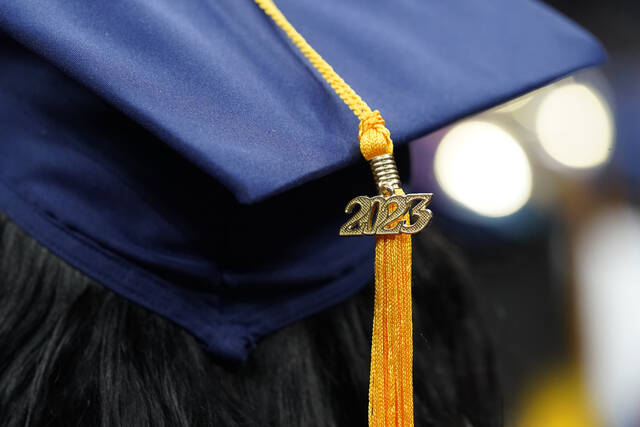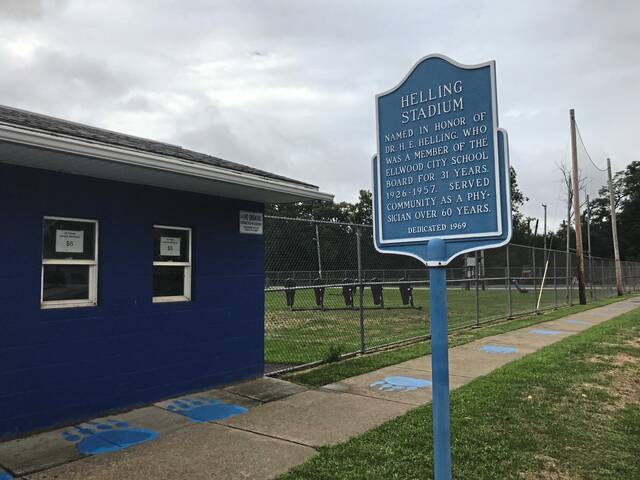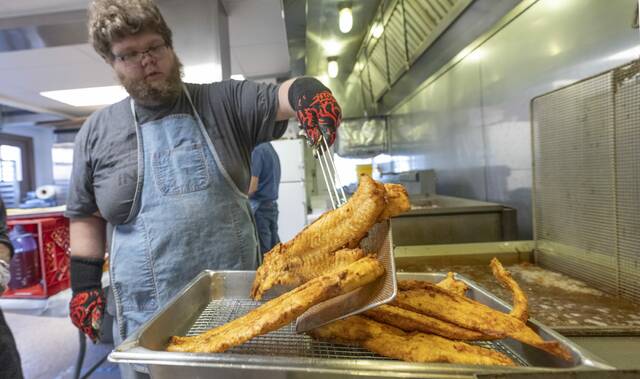The number of college freshmen enrolling in bachelor’s degree programs nationally declined this fall by 6% from last year, but overall enrollment rose 2.1%, according to a report released Thursday.
The National Student Clearinghouse Research Center report offered a mixed enrollment picture as higher education emerges from the pandemic.
The overall enrollment increase marked the first annual gain since covid-19 hit in 2020, the research center said.
Graduate enrollment increased nearly 1% and there was continued growth in graduate certificate enrollment, the report said.
Freshman enrollment overall, including students who are not seeking bachelor’s degrees, declined by 3.6%.
“That’s quite a surprise, especially when the number of overall students has increased,” said Douglas Shapiro, executive director of the Herndon, Va. research center.
The center’s preliminary results for 2023, as reported by some 1,500 colleges and universities, cover 9.6 million students.
Undergraduate gains were spread across all sectors, but community colleges represented almost 60% of the increase as they saw their combined enrollment go up by 4.4%, the report said.
“It’s kind of hard to know what’s really driving this kind of divergence between freshmen and continuing students, but it’s certainly counterintuitive,” Shapiro said. “We are clearly seeing larger numbers of continuing and returning students. Higher rates of persistence.”
Shapiro said the gains at two-year campuses could be a result both of regaining students who were lost during the pandemic and a continuing interest among learners in shorter programs, tied more directly to the workforce.
“This is good news for community colleges and for the growing numbers of continuing and returning students who had lost momentum from the start of the pandemic,” Shapiro said. “In a more troubling sign, the initial recovery among freshmen last year appears to have stalled as more 18-to-20-year-olds, especially at four-year institutions, are opting out.”
Students continue to gravitate towards shorter-term credentials, with enrollment in undergraduate certificate programs jumping 9.9%, the report said.
In recent years, enrollments across much of higher education have been depressed for a number of reasons, including a drop in the population of 18-to-22-year-olds, concerns about college costs and student debt, and the job market being increasingly attractive to high school graduates.
Among other findings in the report:
- Enrollment in health care programs has begun rebounding after pandemic declines, with a 5.7% increase in students pursuing undergraduate certificates and 4.4% increase in students seeking associate degrees.
- Growth at historically black colleges and universities outpaced the overall undergraduate enrollment growth. HBCUs saw a 6.1% increase in enrollment.
- Black, Latinx and Asian students accounted for most of the undergraduate and graduate enrollment rise this fall, but enrollment of white students declined at both the undergraduate (down 0.9%) and graduate levels (down 1.9%) and among freshmen (down 9.4%).








